Funding available for environmentally resilient farming solutions
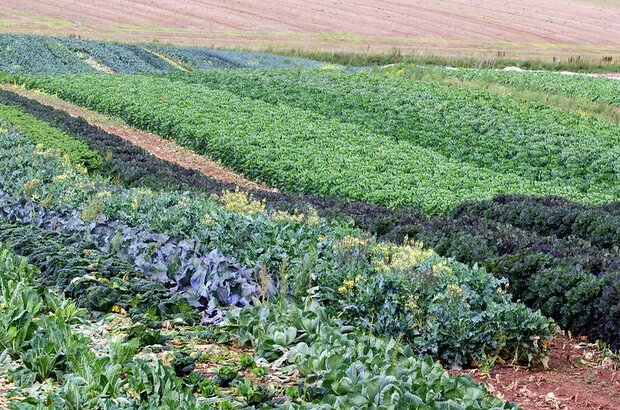
If you have an ambitious research and development project which supports productivity and sustainability, you can now apply for a share of £12.5 million to fund it.

If you have an ambitious research and development project which supports productivity and sustainability, you can now apply for a share of £12.5 million to fund it.
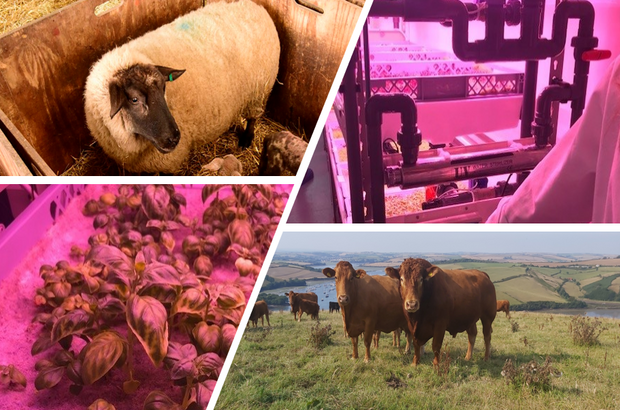
Later this month, the second round of the Large Research and Development Partnerships fund will open. From 20 February, agri-businesses, farmers, growers and foresters in England will be able to apply for a share of £8 million to improve productivity, sustainability and resilience. In this post, I’ll give an overview of the competition and details of events for you to find out more.
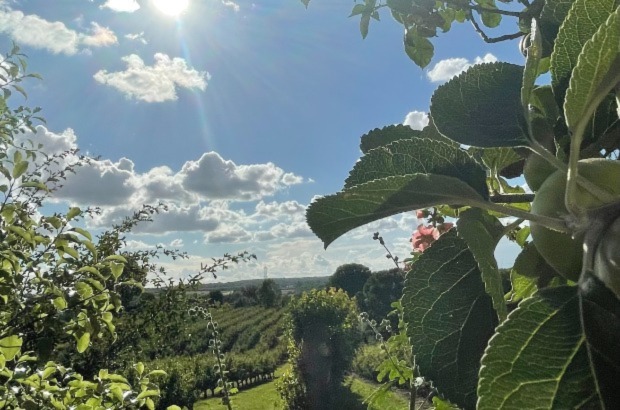
At the end of this month, farmers, growers and foresters in England will be able to apply for a share of £850,000 to improve productivity, sustainability and resilience. In this post, I’ll share an overview of the competition, the application process and links to help you prepare.

From 9 January 2023, farmers, growers and agritech businesses in England will be able to apply for funding to develop innovative ideas in the areas of robotics and automation. In this post, I’ll give an overview of the competition, dates for your diary and links for you to find out more.
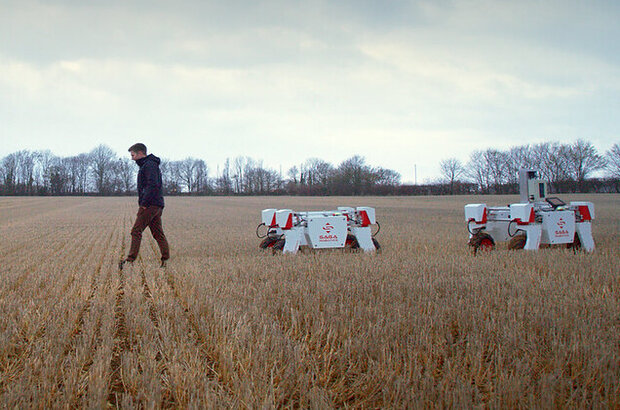
From the end of this month, £16.5 million will be available through 2 new research and development competitions. There is no set theme for these competitions as we don’t want to create barriers to innovation. However, all projects must focus on improving the productivity, environmental sustainability and resilience of England’s agricultural, horticultural and forestry sectors. In this post, I'll give an overview and an update on the previous rounds.
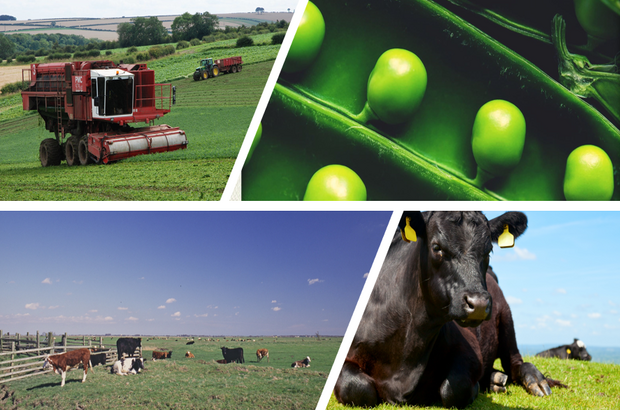
We’re inviting farmers, growers, foresters, businesses and researchers to apply for a share of £12.5 million to focus on the research and development of sustainable farm-based proteins.

The Farming Innovation Programme provides research and development funding to farmers and growers who want to develop and use new, innovative methods and technologies. The aim of the fund is to support farmers to become more productive, environmentally sustainable and resilient to the global food security challenges of the future. You might remember that alongside UK Research & Innovation (UKRI) we launched the first rounds of funding in October, and 2 more in March. In this post, I’ll share information about our latest funding opportunity: the Research Starter Projects Competition.
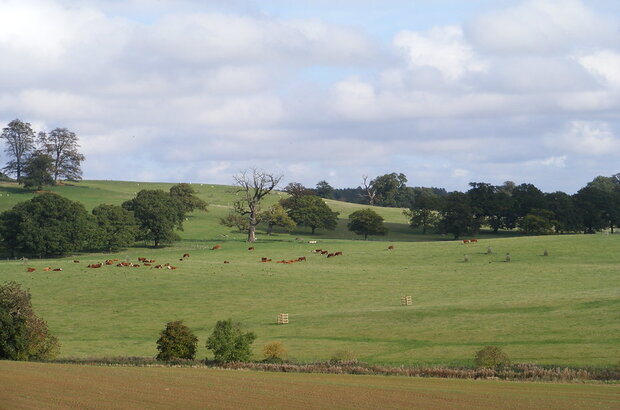
From today, Wednesday 30 March, you can apply for a share of £20.5 million funding in 2 new competitions in the Farming Innovation Programme in partnership with UK Research and Innovation (UKRI).
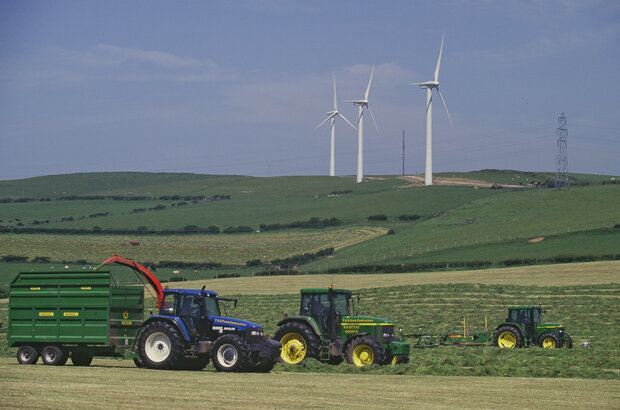
In October, we launched the first rounds of funding in our Farming Innovation Programme. As we've been processing the applications, we've seen a promising spread of ideas across the livestock, horticulture and broadacre sub-sectors. These ideas are coming in from across the whole of England. In this post, I'll share next steps and what to look out for this year.
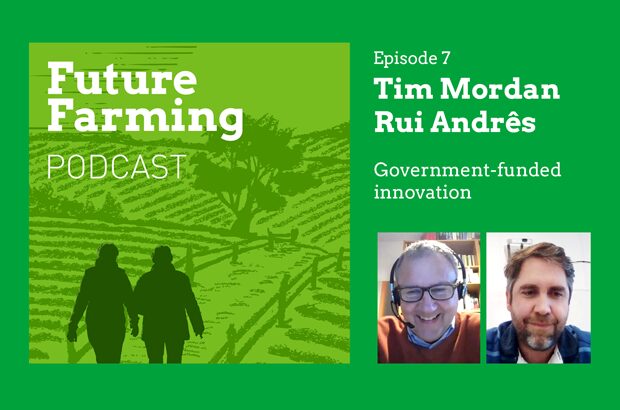
In the seventh episode of the Future Farming podcast, Tim Mordan, Defra’s Head of Farming Innovation, Productivity and Science talks to Rui Andrês, CEO of Fieldwork Robotics, about their innovative raspberry robot picker.